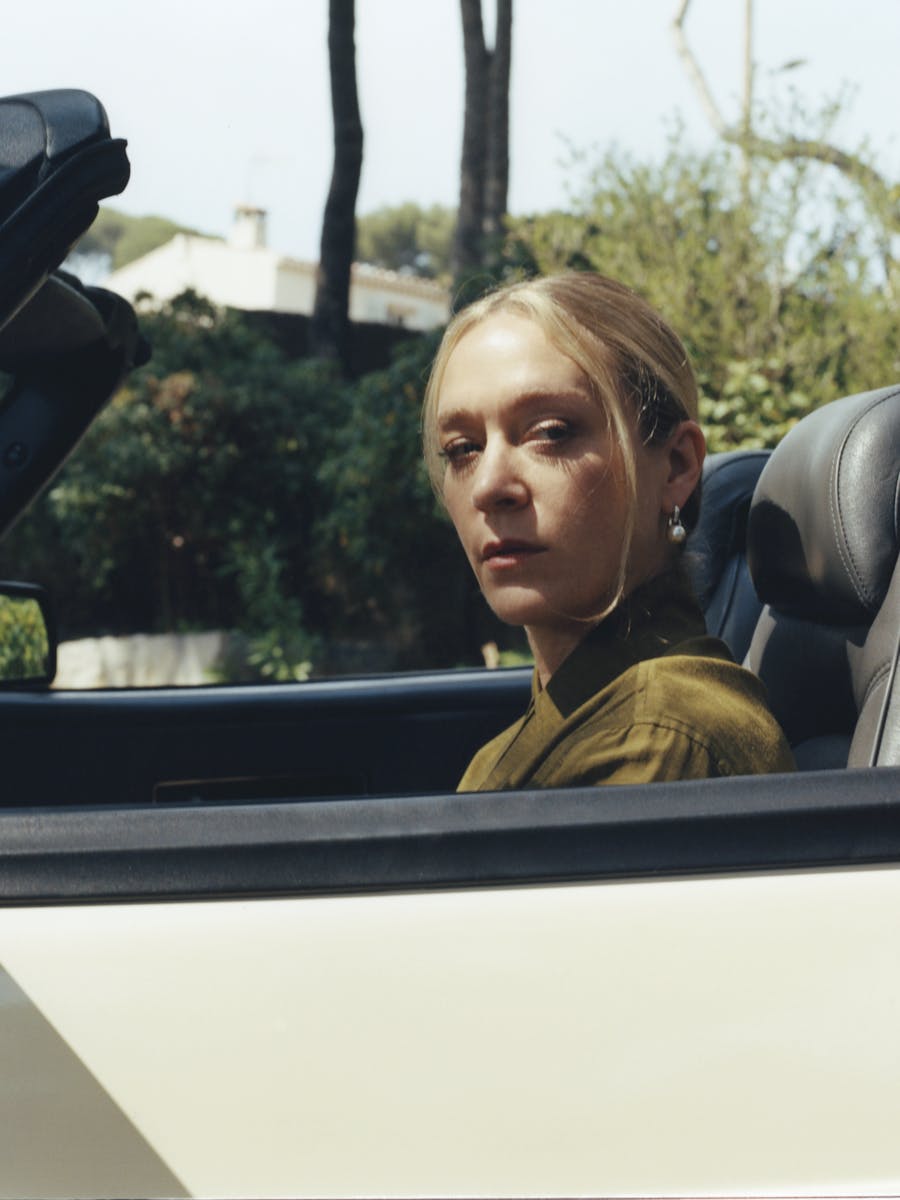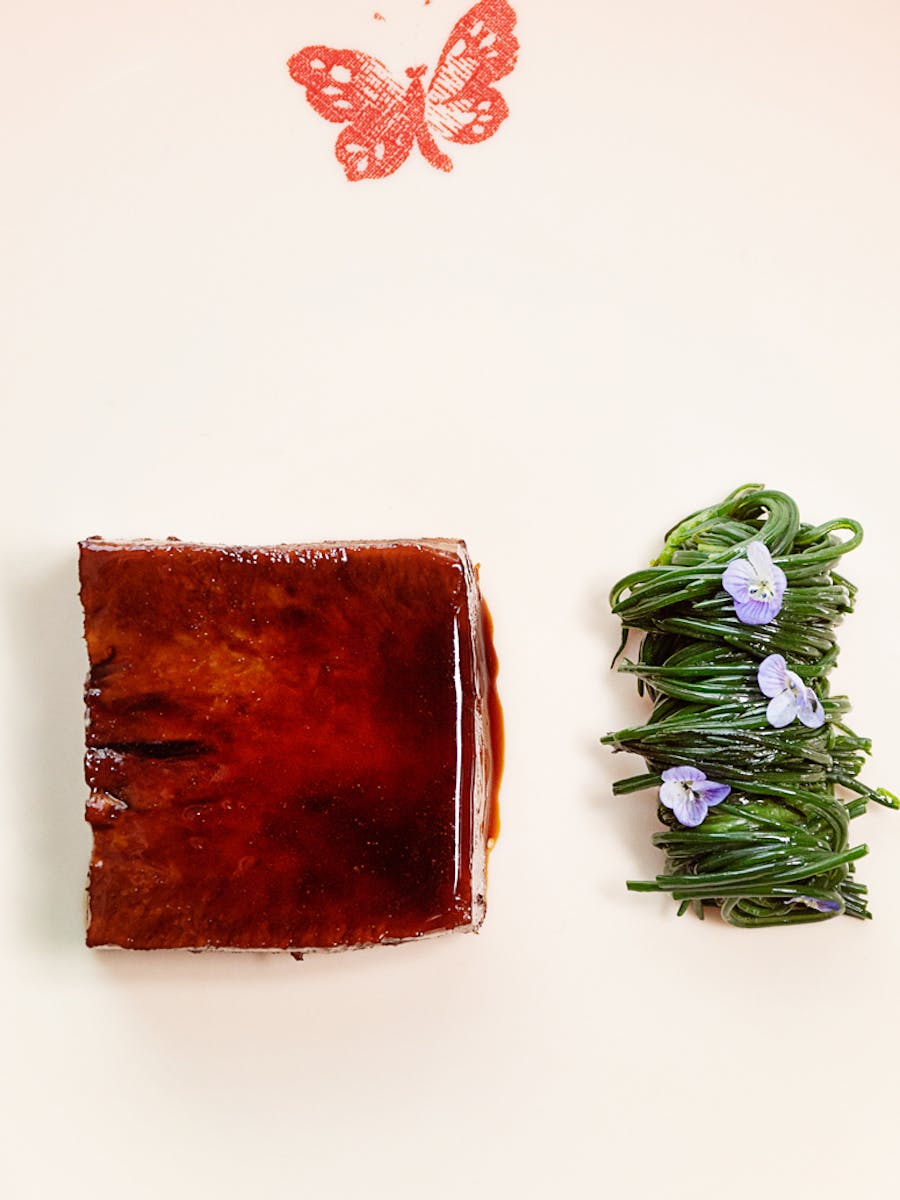From The Excess Issue
In her critically acclaimed essay, All Things Are Too Small: Essays in Praise of Excess, the American journalist Becca Rothfeld offers a delicious argument for maximalism.
It is while ascending Mont Blanc that Becca Rothfeld gives this interview. It is no surprise, given the wild spirit of this young figure in the American intelligentsia, whom writer Cynthia Ozick already compares to the “legendary New York intellectuals.” A journalist and critic with a corrosive pen at The Washington Post, Becca Rothfeld published her first non-fiction essay earlier this year. In contrast to the minimalist mantra of our time, she condemns the "smallness" of the world and advocates for an intense and prodigal existence. Meet an unconventional thinker whose influences range from the vibrant hellscapes of Hieronymus Bosch to Moby Dick, from Cronenberg and Rohmer’s films to the prose of Norman Rush.
Has excess become a dirty word today?
B.R. I think in many quarters it’s at least a dirty idea!
How did you come up with the idea of writing this manifesto for excess?
B.R. Over the course of several years I began to notice that the things I hated—Marie Kondo, mindfulness, fragment novels—were all sparse and anemic, and that the things I loved—Eric Rohmer films, the novel “Mating” by Norman Rush—were all luscious and lavish. When I began to articulate why I found so many contemporary cultural artifacts so sterile, the result was a book of essays that was a more explicit celebration of the virtues
of maximalism.
You start from the premise that everything is ’too small’ in this world, while others argue that it seems more excessive each day. Are we in an age of excess?
B.R. It’s certainly true that we are all drowning in cheap commodities. But by “excess,” I don’t mean merely “more”: what I mean is gratuitousness or disproportion. I don’t think we should have more physical objects, or that we should waste more natural resources, much less that we should increase the already obscene inequalities in wealth that widen daily under capitalism. We tend to fetishize usefulness. Instead, we should try to discern the value of useless things, like art. Superfluities like beauty and eroticism are not necessary for our survival, but they make us what we are, and they are pleasures in their own right. It’s these sorts of excesses that I defend in the book.
What do you think of “Quiet Luxury,” this minimalist trend embodied by Gwyneth Paltrow’s look or Kim Kardashian’s immaculate home?
B.R. I think ’Quiet Luxury’ is a perfect illustration of how the excess I envision is detached from capitalist consumption. Kim Kardashian and Gwyneth Paltrow are consumers par excellence. The point of their understated sensibility is to advertise their wealth. Yet, I find the results vacant and unsatisfying: they’re impersonal, much like the decluttered houses of Marie Kondo’s clients. I don’t mean that we should keep lots of meaningless junk in our houses, but I believe they should be full of books, mementos, old letters, ticket stubs,
notebooks, drawings.
Does society treat women’s excesses differently from men’s?
B.R. On the one hand, some of women’s excesses are certainly punished more harshly than those of men. Women are exhorted to be thin—physically minimal—and women’s appetites and ambitions are frowned upon. But on the other hand, women are permitted stylistic excesses that men are generally not allowed. Fashion is generally regarded as women’s pursuit, and so in some sense the gorgeous superfluity of beauty has traditionally been
the province of women.
Your view of sex is rather bold, frugal, and excessive.
B.R. It’s hard to summarize my thoughts about sex efficiently. I think that sex is a transformative experience. Truly erotic experiences change our desires.
What’s the most excessive thing you’ve ever done?
B.R. I can’t reveal the most excessive thing I’ve ever done in print, but it probably
involves Berghain.
Do you have any advice for us?
B.R. I recommend: eating extravagant food as often as possible; mixing M&Ms into popcorn at movies; going to see the same paintings over and over, preferably for weeks or months; answering interview questions about your book on your phone while 80 miles into the Tour du Mont Blanc; and of course, learning German and reading Kleist’s Penthesilea until you weep, maybe after going to Berghain (or better yet, on the dance floor).
The most excessive word?
B.R. Numinous.




